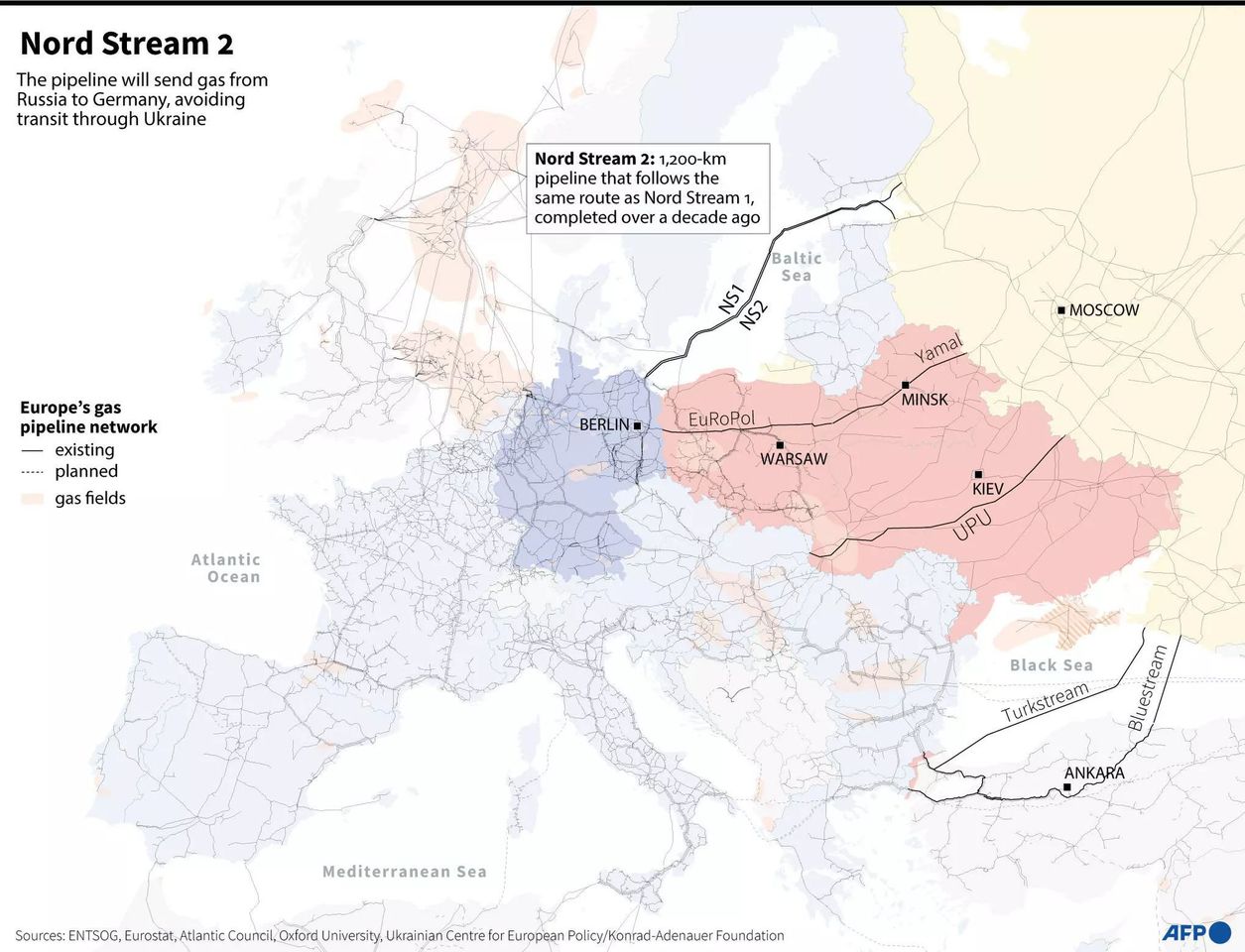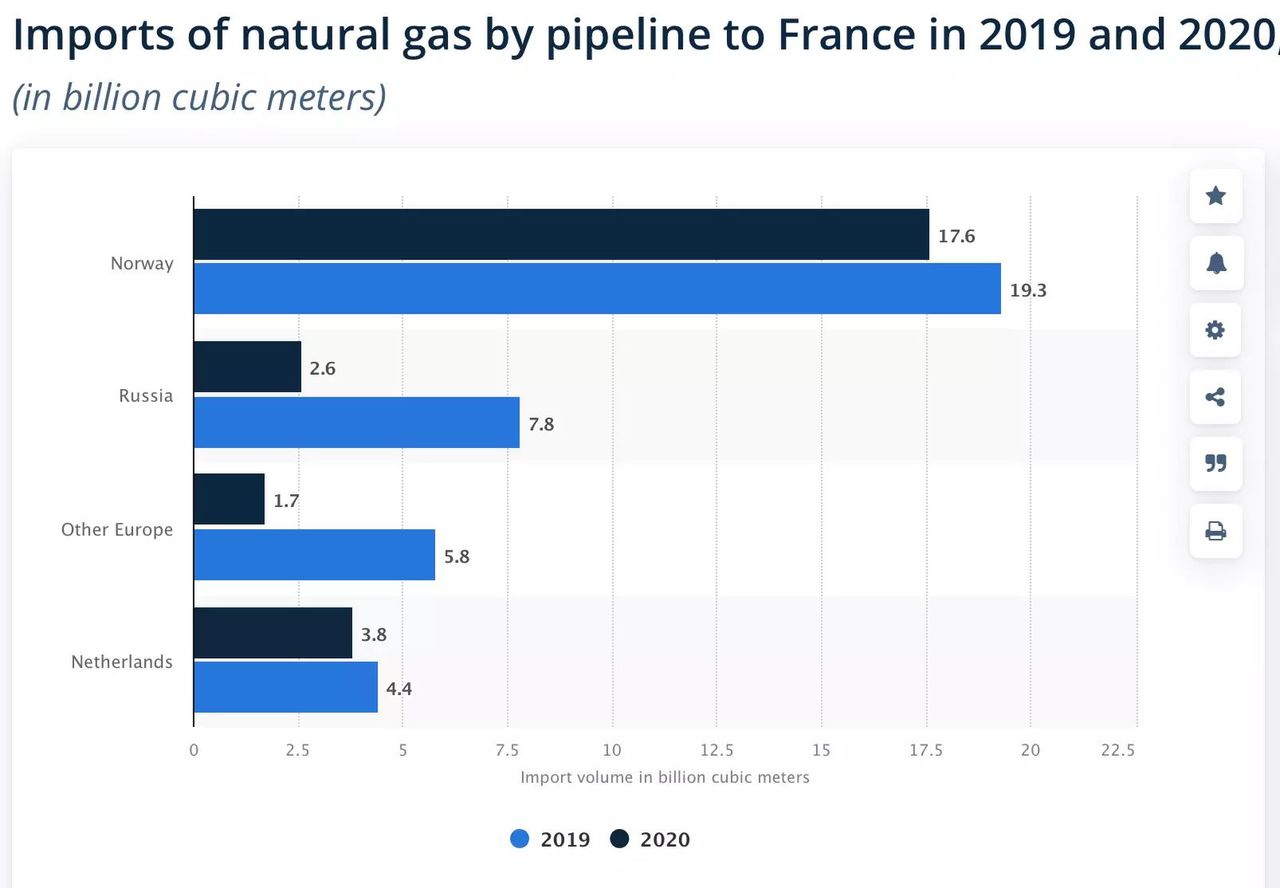
Moscow denies withholding gas exports to Europe, France wants bigger EU energy independence
Poland this week accused Moscow of having stopped its deliveries via the Yamal-Europe pipeline that sends Russian gas to Western Europe, accusing Gazprom of "manipulation".
The pipeline was operating in reverse mode this week, sending gas from Germany to Poland, public data showed, as European gas prices ticked up.
President Vladimir Putin on Friday denied that the flow direction was a political move and said that Poland had "sidelined" Russia in managing the pipeline.
Winter is coming
"All accusations against Russia and Gazprom that we are not supplying enough gas to the European market are absolutely groundless and unacceptable and untrue," Russian news agency Tass quoted Gazprom spokesman Sergei Kupriyanov as saying late Saturday, calling the accusations "lies".
He said some buyers of Russian gas, in particular Germany and France, have not made additional orders, and slammed the reverse flow of gas that came as "winter is just beginning" as "not the most rational decision."
"I don't even want to talk about the price of such reverse supplies. These prices are significantly higher than the prices for contract volumes set by Gazprom, he said in an interview on state television.
"All problems in Western Europe have been created by themselves and there is no need to blame Gazprom for this. It is better to look in the mirror."

Western countries have for weeks accused Russia of limiting gas deliveries to put pressure on Europe amid tensions over the Ukraine conflict and to push through the controversial Nord Stream 2 pipeline set to ship Russian gas to Germany.
Germany's energy ministry, for its part, on Sunday poured cold water on accusations of Russia withholding deliveries.
"Long-term supply contracts, including the Russian ones, are being adhered to and the long-term quantities of gas are arriving in Germany," the ministry told AFP.
France wants to cut reliance on Russian gas
Meanwhile, Bloomberg reports that France, that always felt uneasy about the Nord Stream project, wants the European Union to reduce its dependence on countries such as Russia and China for both energy and the raw materials needed to drive the green revolution.

"The EU should also ensure that new energy technologies like hydrogen are produced domestically," Barbara Pompili, France’s minister for the ecological transition, was quoted as saying.











